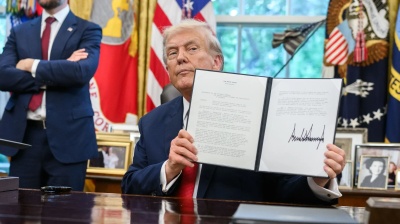Caracas, once a vibrant metropolis, now finds itself suspended in a state of uneasy stasis as if stuck in an eternal Sunday. The streets, typically bustling with activity, have fallen eerily quiet since the disputed July 28 presidential election, which saw Venezuelan President Nicolás Maduro declared the winner amid widespread allegations of fraud.
"This time it feels different," is a sentiment echoed throughout the city, as residents grapple with the implications of what many view as a flawed electoral process. The National Electoral Council's (CNE) announcement of Maduro's victory, made nearly four hours after the regulatory deadline, has plunged the nation into a state of collective shock. The results delivered by the Maduro-aligned organisation came as a surprise to many, as exit polls gave opposition candidate Edmundo Gonzalez Urrutia a clear edge over the incumbent.
"It was like a funeral," says Karina, a nurse from Catia, a working-class district in western Caracas. "We were all in collective mourning, in silence, and you could feel the sadness." Like everyone interviewed for this article, Karina spoke to bne Intellinews on condition of anonymity, fearing government reprisals.
The day following the election saw an unprecedented shutdown of the capital. Shops remained shut, public transport ground to a halt, and workers stayed home, despite the absence of an official holiday. This spontaneous act of civil disobedience speaks volumes about the mood of a populace grappling with what they perceive as electoral fraud.
As the initial shock subsided, a wave of protests swept across the country. Social media platforms were inundated with videos showing residents of Petare – Latin America's largest slum and historically a Chavista stronghold – taking to the streets in unprecedented numbers.
"I've witnessed dozens of national protests since Maduro came to power," says Arturo, a journalist turned writing instructor. "But I had never seen the inhabitants of Petare protest against Chavismo."
The demonstrations quickly spread, with protesters tearing down propaganda billboards featuring Maduro and former President Hugo Chávez, and carrying placards with slogans such as “This is until the end” and “No more dictatorship.” As many feared, the government's violent response followed suit.
Attorney General Tarek William Saab reported over 1,000 arrests in just three days, while NGOs Provea and Foro Penal claim 11 fatalities.
The harsh crackdown has quelled street protests for now, but dissent continues to simmer beneath the surface. Nightly pot-banging protests, a traditional form of dissent in Latin America known as “cacerolazo,” persist in many neighbourhoods. However, even this relatively benign form of protest carries risks.
Maduro has called on his supporters to report dissenting neighbours through a government App, a move that has inflamed tensions in mixed political communities. In the 23 de Enero district, a former bastion of Chavismo, residents report that paramilitary groups known as "colectivos" blast music to drown out the sound of protest.
As Caracas navigates this period of uncertainty, the international community – including over 7.7mn exiles, unable to cast their ballot, who fled abroad to escape the misery brought by Chavismo – watches closely. The contested election results and subsequent unrest pose significant challenges for Venezuela's already frail economy and risk thrusting the country further into isolation, potentially unleashing a new slew of sanctions.
With no clear resolution in sight, Caracas remains a city holding its breath, caught between a stronger-than-ever desire for change and the fear of more instability.
News
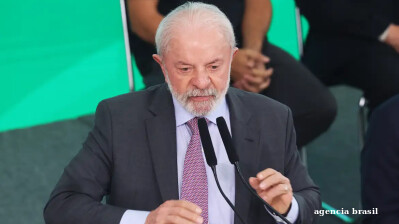
Brazil's Lula announces fourth presidential run at 80
Brazilian President Luiz Inácio Lula da Silva has announced he will seek re-election in October 2026, confirming his candidacy during a state visit to Indonesia on October 23.
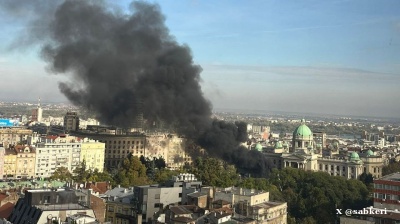
Serbian president blames opposition for “terrorist attack” outside parliament
President Vucic blamed opposition groups for what he described as a “terrorist act” outside the National Assembly in Belgrade, after a 70-year-old man opened fire on a camp of government supporters and set fire to one of their tents.
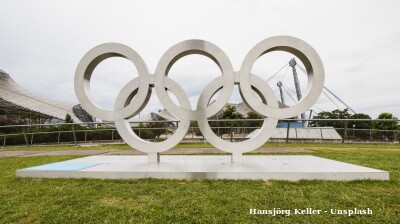
IOC sanctions Indonesia over Israel visa ban
The International Olympic Committee has announced that international sports federations will be advised not to hold competitions or meetings in Indonesia after the country barred Israeli athletes from entering.
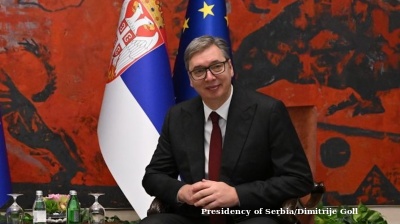
Serbian president accuses EU of backing “colour revolution” after European Parliament adopts harsh new resolution
MEPs back the toughest rebuke yet from Brussels towards Serbia in over a decade of EU candidacy.



